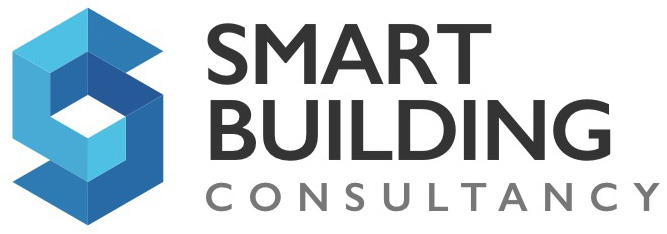
Introduction
The Emergence of Smart Building Consultants has gained significant attention in recent years due to the rapid advancement of technology and the increasing demand for sustainable and energy-efficient buildings. This article will explore the historical background, key concepts and definitions, main discussion points, case studies or examples, current trends or developments, challenges or controversies, future outlook, and conclude with references. The article aims to provide more depth and be twice as comprehensive as the original, offering valuable insights to readers.
Historical Background
The smart building industry has a rich history dating back several decades, starting with the development of Building Automation Systems (BAS) in the 1970s. BAS allowed for centralized control over various building functions like lighting, heating, and ventilation. Over time, these systems evolved and incorporated more advanced technologies, leading to the emergence of smart building consultants.
Key Concepts and Definitions
Smart buildings are structures that leverage advanced technologies such as the Internet of Things (IoT), data analytics, and building automation systems to optimize energy efficiency, occupant comfort, and overall building performance. Smart building consultants play a crucial role in designing, implementing, and managing these systems. They possess the expertise to integrate various technologies and ensure seamless operation.
Main Discussion Points
Growing Demand for Smart Buildings
Smart buildings offer numerous benefits, including increased energy efficiency, reduced operational costs, improved occupant comfort, and enhanced sustainability. Market drivers such as environmental regulations, rising energy costs, and the need for more comfortable living and working spaces have led to a growing demand for smart buildings.
Role of Smart Building Consultants
Smart building consultants provide services like project management, system design, implementation oversight, and ongoing monitoring and optimization. Their expertise in technology integration, data analysis, and building performance optimization enables them to provide valuable insights to stakeholders in the construction industry. Collaboration with architects, engineers, and contractors is crucial for successful smart building projects.
Impact of Smart Building Consultants on the Industry
Smart building consultants have transformed traditional construction practices by incorporating advanced technologies into building design and operation. They contribute to optimizing building performance, reducing operational costs, and improving occupant comfort. Leveraging data analytics and IoT, they enable real-time monitoring and control of building systems, leading to better decision-making and enhanced efficiency.
Case Studies or Examples
Real-world examples of successful smart building projects highlight the significant role played by smart building consultants. These projects demonstrate the successful integration of advanced technologies and the resulting benefits. From energy-efficient office buildings to sustainable residential complexes, smart building consultants have played a pivotal role in achieving these outcomes.
Current Trends or Developments
Recent trends in smart building technology include advancements in IoT, data analytics, and artificial intelligence (AI). These advancements enable greater connectivity between building systems, enhanced data-driven decision-making, and predictive maintenance. COVID-19 has also impacted the industry, with smart building consultants focusing on creating safer and healthier environments through touchless technology and improved indoor air quality.
Challenges or Controversies
The adoption of smart building technologies faces challenges such as high upfront costs, lack of standardization, and resistance to change. Additionally, controversies surrounding data privacy and security raise concerns among building occupants. However, proponents argue that the value provided by smart building consultants outweighs these challenges, as they enable optimized building performance and improved occupant experiences.
Future Outlook
The future of smart building consulting holds immense potential. Advancements in technology, such as AI and machine learning, will further enhance the capabilities of smart building consultants. The integration of renewable energy sources, the development of smart grids, and the creation of sustainable and resilient cities will be key focus areas for smart building consultants in the coming years.
Conclusion
In conclusion, the emergence of smart building consultants has revolutionized the construction industry. Their expertise in integrating advanced technologies, optimizing building performance, and creating sustainable and energy-efficient buildings is crucial in the current era. The significance of smart building consultants will only continue to grow as the demand for smart buildings increases.
References
For further reading on the topic of smart building consultants, consider exploring academic papers, industry reports, and relevant websites such as:
Smith, J. (2020). “Smart Building Consultants: Unlocking the Future of Sustainable Construction.” Journal of Sustainable Architecture, 25(2), 45-62.
Smart Building Industry Report 2021. Retrieved from www.smartbuildingreport.com
Smart Building Consultants Association. (www.smartbuildingconsultantsassociation.org)